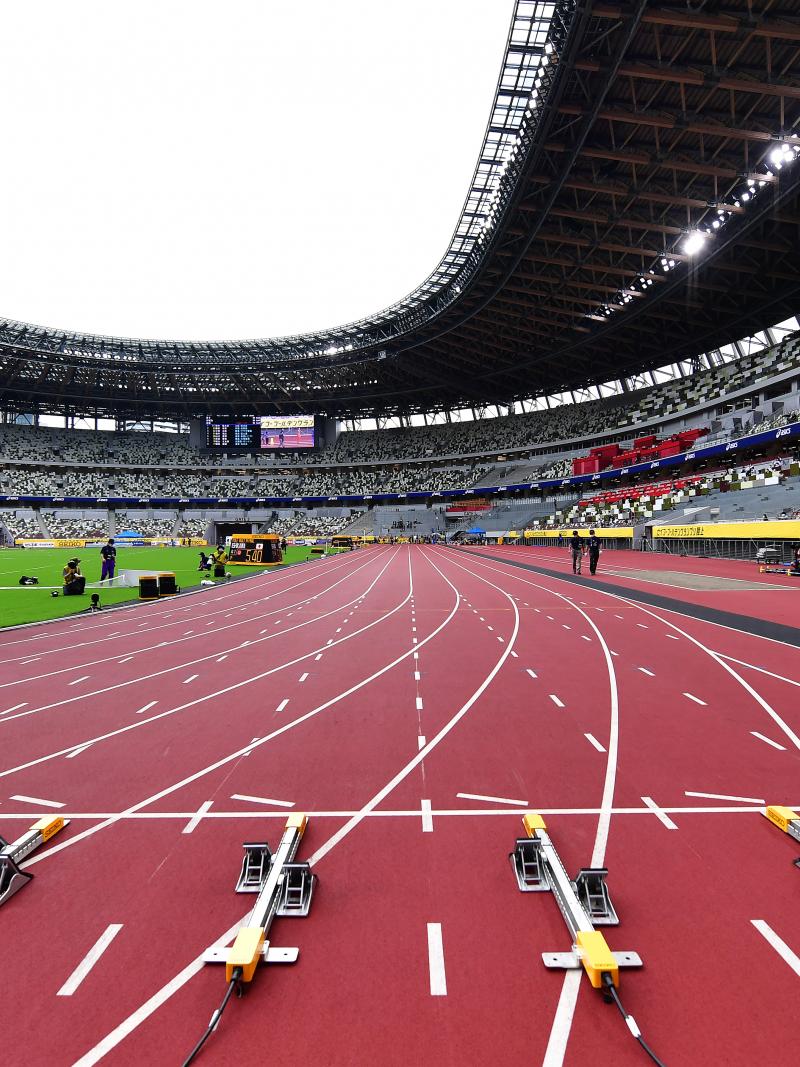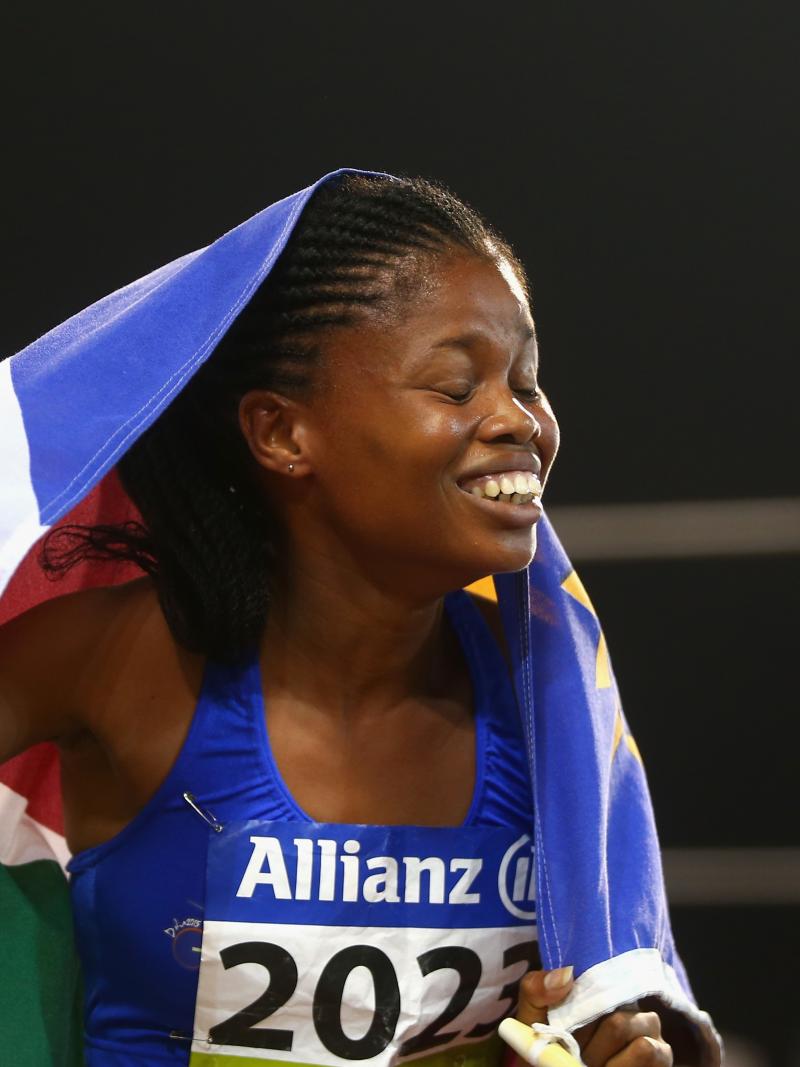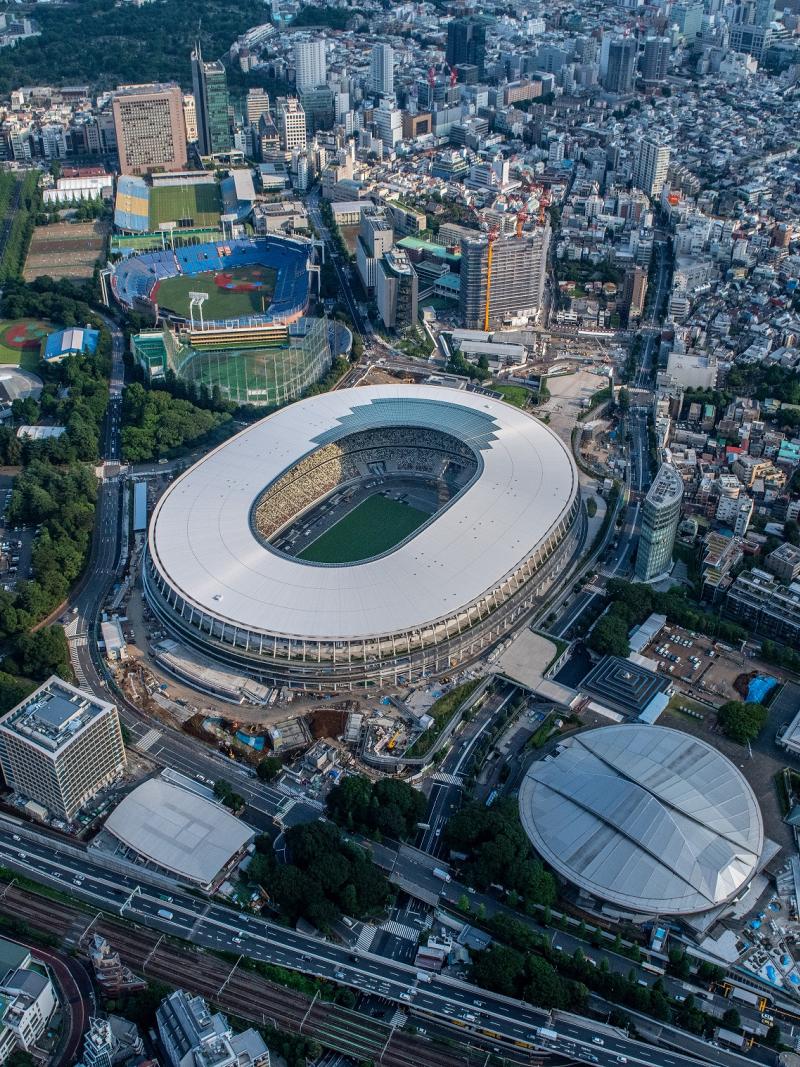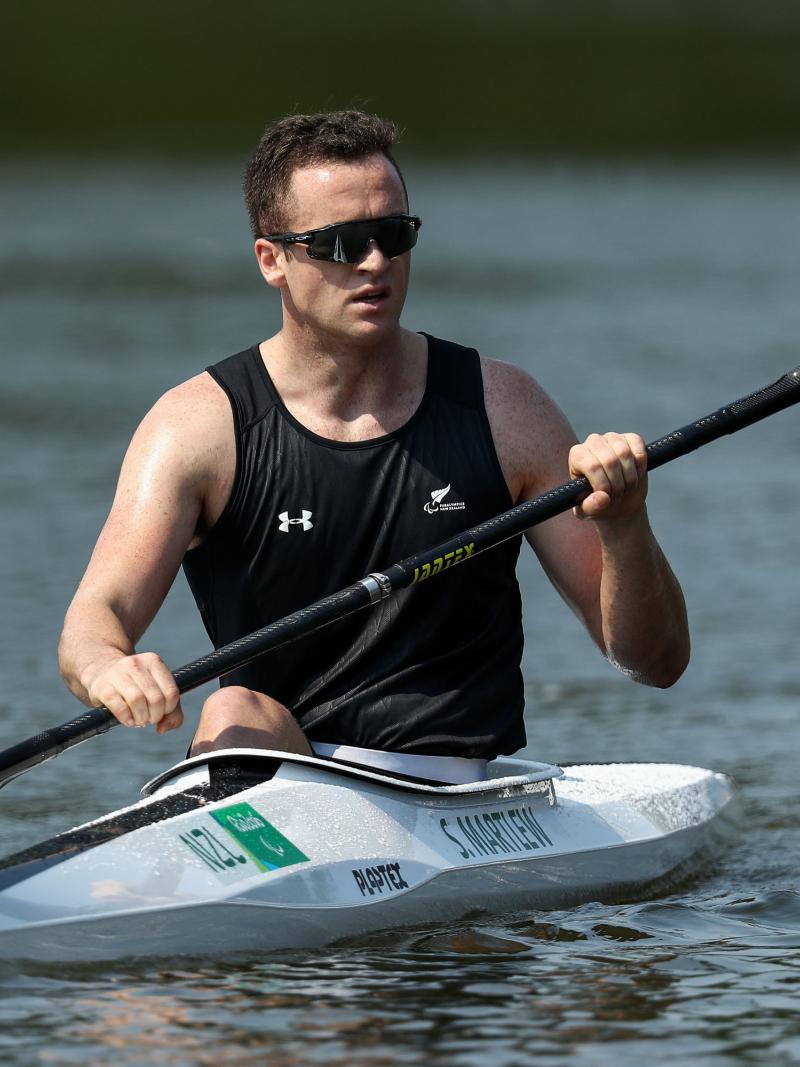Tokyo 2020: Plans in place to ensure successful Games
Final decision on the maximum number of spectators permitted at venues and concrete health requirements for international spectators will be made by spring 2021 17 Dec 2020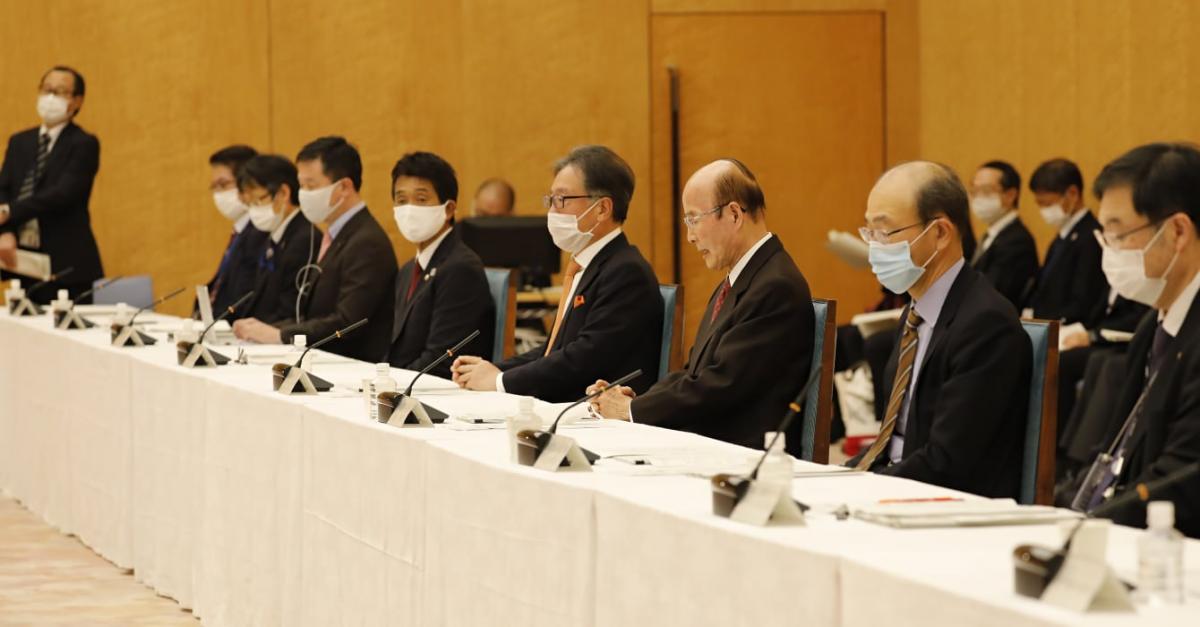
An interim summary of COVID-19 countermeasures to be taken during the Tokyo 2020 Olympic and Paralympic Games has been presented during a meeting (held on 2 December), detailing provisional plans for spectators, athletes, volunteers and Games staff.
The meeting, chaired by Deputy Chief Cabinet Secretary Sugita Kazuhiro, representing the Government of Japan, incorporated a comprehensive review of COVID-19 countermeasures, with representatives of the Government of Japan, the Tokyo Metropolitan Government (TMG) and Tokyo 2020 also in attendance.
REVIEW OF PROGRESS
Following the meeting, CEO Muto Toshiro said: “Countermeasures against COVID-19 are the biggest challenge in the hosting of next summer’s Games. Following the decision to postpone the Games, Tokyo 2020 has taken swift action to deal with this unprecedented situation.
“As there was a limit to what the Organising Committee could do on its own, we recognised the need for a taskforce comprising representatives from the government of Japan, the Tokyo Metropolitan Government and the Organising Committee, and advocated its establishment to these parties.
“It was decided that the national government representatives would lead this taskforce, given that COVID-19 countermeasures are the responsibility of the national government.
“We have now established a framework governing athletes’ movements and activities, including their entry to Japan and movements during the actual Games, as well as for the spectators and all other people involved."
ATHLETES
Infection control measures will be implemented at each operational stage; from their arrival in Japan, their journey to Host Towns, their participation in the Games and finally their departure from Japan.
Contact with athletes will be kept to a minimum, and Tokyo 2020 will implement quarantine measures, including testing persons with whom athletes will come into contact.
In addition to the ‘Olympic and Paralympic Preparation Track for Athletes’ that has been in operation since November 2020, a scheme will be put in place for the Tokyo 2020 Games itself. This will allow overseas athletes and support staff members to enter Japan on the condition that all necessary infection control measures have been taken in order to allow them to engage in various activities, including training and participating in competitions, during the 14-day self-isolation period after arrival.
As part of establishing and ensuring compliance with rules governing the behaviour of athletes and support staff, Tokyo 2020 will carry out testing at the point of arrival in and departure from Japan as well as health screening and other necessary testing, including pre-competition testing, after their entry to Japan.
A sample collection centre and analysis facility for testing will be established within the Olympic and Paralympic Village.
If infections among athletes and support staff occur or are suspected, the Tokyo 2020 Organising Committee Infectious Disease Control Centre (tentative name) will have responsibility for coordinating a prompt initial response, sharing information with related bodies and managing the necessary medical care and hygiene responses.
To promptly provide athletes suspected of being infected with medical care and the right facilities for recovery, a fever outpatient clinic will be set up at the Olympic and Paralympic Village where medical facilities and accommodation designed to aid the athletes’ recovery will be provided.
Tokyo 2020 will formulate guidelines for the assistants and support staff of Para athletes aimed at preventing the spread of infection that take account of the specific type of impairment.
SPECTATORS
Tokyo 2020 will formulate guidelines and disseminate these in due course; rules will be established governing how to respond when a spectator falls ill at a competition venue. In addition, medical facilities allowing hospitalisation and recovery will be secured.
The final decision on the maximum number of spectators permitted at venues will be made by next spring. These figures will reflect the upper limit on spectators at domestic events in force at the time and will take into account infection levels in Japan and overseas. They will also reflect the outcome of the pilot experiments being currently conducted to ascertain the consequences of raising the upper limit of spectators.
With regard to spectators from overseas, Tokyo 2020 will discuss appropriate infection countermeasures considering the safety of both the spectators and of those in the local community.
Concrete measures will be decided by next spring which will reflect domestic and global infection levels at the time, the situation regarding any restrictions in Japan on travel to and from overseas and what sporting events are being held by then.
GAMES STAFF
Tokyo 2020 will determine appropriate measures for organisers, media personnel, Games staff and other people involved in the operation of the Games in accordance with the extent and nature of their involvement and the frequency of their contact with athletes.
These measures will cover areas including their arrival in and departure from Japan, as well as behaviours and rules that will be enforced.
STEPS GOING FORWARD
Tokyo 2020 will continue to discuss these topics, as well as finalise plans to prevent overcrowding at roadside events, during the Torch Relay, at Live Sites and the Opening & Closing Ceremonies, with the national government, the Tokyo Metropolitan Government, the IOC, the IPC, each international federation, and each country’s National Olympic Committee and National Paralympic Committee.
CEO Muto added: “Over the past three months, we have held these discussions with the government of Japan, the Tokyo Metropolitan Government and other relevant parties. I feel that we have achieved the expected results and that we have made another step along the path shown in the roadmap.
“We would accordingly like to express our sincere thanks to all the parties involved for their efforts.
“We will continue to work closely with all relevant organisations to prepare for a safe and secure Games while gaining the understanding of the Japanese public.”
The provisional plans for COVID-19 countermeasures are available to download here.
 Facebook
Facebook
 Instagram
Instagram
 Twitter
Twitter
 Youtube
Youtube

